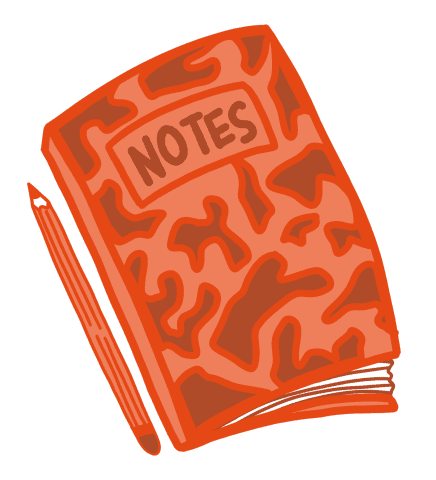Student journalism is only effective when it’s credible — when The Baron neglected its editorial responsibility, it weakened the trust of its readership and cast an ugly shadow on the continued struggle for legitimacy among student papers across the country.
The Baron — an online student newspaper operating out of the University of New Brunswick’s campus in Saint John — is facing national critique after publishing 2,000 words of unedited editorial that was oppressive, racist and fundamentally not factual on Jan. 25.
The editorial — titled “Sex, Love, and Tomahawks” — was published along with a question-and-answer interview with Michael Thurlow, the author of the piece and leader of the National Socialist Canadian Labour Revival Party, conducted by The Baron’s then editor-in-chief, Anna De Luca.
It appears that Baron staff sought Thurlow’s perspective after his group claimed to be responsible for a number of racist posters appearing on the UNB Fredericton campus.
Following backlash regarding the publication of Thurlow’s commentary, De Luca published her own editorial in defence of the pieces on Jan. 28, stating that “dialogue is the only path to freedom, progress, and representation.” Though these articles have since been removed from the newspaper’s website, their lasting effect could spell doom for the future of student journalism.
Student newspapers in Canada are usually funded, in part, by student fees. For the 2017-18 academic year, the Sheaf has collected $8.46 per full-time undergraduate student in both the fall and winter terms. As such, there’s an obligation for us to provide the best possible service to those who are paying for it.
Unlike subscription-based publications, a student newspaper with a levy is uniquely situated, as it has an obligation to provide the best possible service to a small but varied — and often apathetic — audience.
Where then do we draw boundaries, when it comes to freedom of speech and responsible reporting? It is certainly important that newspapers such as The Baron and the Sheaf publish a variety of content that reflects the diversity of the opinions, experiences and perspectives of its readership, but who gets to decide what’s right and what’s wrong?
How should student journalists balance their publication’s content to adequately allow for equal and fair distribution of all these wide-ranging voices? It’s difficult to know for sure, and I’ve personally struggled with this question throughout my term as the Sheaf’s opinions editor.
Above getting the story, chasing down a fiery lead or giving voice to the unheard, it is in the best interests of all student newspapers to first attempt to ensure that our publications relay information that is fair, responsible and ethical. There are inherent political and social implications to each and every article that passes through our papers, and we ought to be held accountable to that.
The Canadian University Press Code of Ethics states that hate and prejudice against any marginalized group is absolutely not appropriate in these types of media outlets, but rather, that “an ethical publication will seek instead to publish material which helps disperse such prejudices in its readership.”
When the former editor-in-chief of The Baron claimed in her defence that she “would never censor, never correct or challenge,” she neglected to understand that, sometimes, it is an editor’s job to ensure that their publications are accurate and attempt to serve the public good.
When De Luca further claimed that “empowerment is offering students the ability to decide what information to consume,” she neglected to own up to the paper’s responsibility to those students who would be further disempowered by the publication of oppressive commentaries like Thurlow’s on an internationally accessible platform.
There is a difference between controversial and crap. A publication will never succeed in publishing thought-provoking opinions-editorial pieces that are unanimously accepted or agreed with. Rather, what’s important is for the publication to distinguish whether or not the messages of these pieces can spark valuable discussions.
There is immeasurable value in student journalism. Not only do these publications provide relevant information to an often overlooked media demographic, they also facilitate opportunities for all students to learn and grow within the media industry. What’s more, they often serve as the only platform by which student governments, as well as university affairs and procedures, can be held accountable.
The Baron messed up, and there will be lasting repercussions for both their credibility and their overall legitimacy as a student publication. What we need to do now is ensure it never happens again — anywhere. I will continue my term as the Sheaf’s opinions editor with this blunder in the forefront of my mind, and I hope others might learn from it, too.
—
Emily Migchels / Opinions Editor
Graphic: Lesia Karalash / Graphics Editor